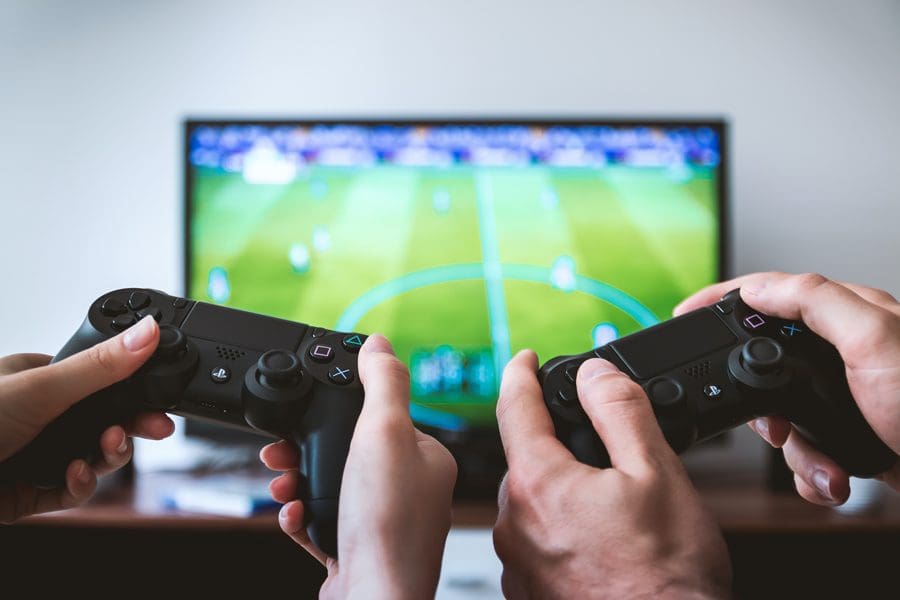Perhaps due to its name, people primarily associate ADHD with a lack of attention and hyperactivity. While it’s true that people with ADHD may have trouble focusing or feeling easily bored, it’s much more than that. ADHD is actually a dopamine deficiency disorder, which affects everything from attention and information processing to emotional regulation and interpersonal communication.
As we learn more about ADHD, it’s quickly become clear that it’s not a disorder that mostly shows up in little boys. Not only does hyperactivity show up in various ways, but there’s also the matter of hyperfixation — which might seem to directly contradict the attention deficit aspect of ADHD.
So what exactly is hyperfixation as it pertains to ADHD?
Understanding Hyperfixation
What Is It?
Hyperfixation, or hyperfocus, is when you become so engrossed in something (an activity, a TV show, a food, a person, a place) that you inadvertently block out everything else, including basic functions like eating, showering, using the restroom, work, etc. It becomes a problem because it interrupts your day-to-day functioning.
Why Does It Happen?
As mentioned above, ADHD is characterized by a dopamine deficiency. Dopamine is commonly known as the “reward chemical” in the brain. It’s responsible for that good feeling you get when you engage in a hobby you love, get good feedback, achieve a goal, or finally save up for that expensive item you’ve had your eye on.
Since ADHD brains typically lack normal levels of dopamine, they are constantly seeking it. When something catches a person with ADHD’s interest, they latch onto it because it’s providing their brain with the dopamine it craves. This can often present as hyperfixation.
What Are the Symptoms?
Symptoms of hyperfixation include:
- Losing track of time: You may feel time is passing very quickly or you may realize you’ve been engaged in a hyperfixation for much longer than it seemed.
- Blocking out other stimuli: You may become less self- or socially-aware, blocking out conversations, sounds, etc. in order to maintain the hyperfixation.
- Forgetting to perform basic functions: Similar to above, you can become too hyperfocused on something that you block out basic need signals like hunger, tiredness, etc.
- Feeling unable to control the urge: When you find a hyperfixation, it becomes the only thing you want to engage with and it’s very difficult to resist the temptation to engage with a hyperfixation over important things like chores, work, or studies.
Coping with Hyperfixation
Managing your hyperfixations doesn’t mean you have to give up your interests. It’s all about finding balance. Here are some ways to balance your interests with your other needs and responsibilities:
- Set a time limit: One easy way to start managing your hyperfixations is to set a timer. Maybe you allow yourself an hour or two in the evening to engage in that newly acquired hobby you love.
- Set start-time boundaries: Similarly, set boundaries for when you can partake in your hyperfixation. For instance, it’s not helpful to spend all day playing a video game you’re hyperfocused on instead of studying for an important test. Perhaps you use your hyperfixation as a reward for studying or a job well done at work that day.
- Connect with people: If you struggle to stick to time limits, try having a friend or family member in the room who can give you a physical cue. Or, ask someone to call you at a certain time.
- Talk to a therapist: Managing hyperfixation can be frustrating, along with managing all the other aspects of having ADHD. A therapist can help you come up with coping mechanisms that work for you. Plus, they’re a trusted confidant you can turn to when it comes to dealing with other symptoms of ADHD, like emotional regulation.
Don’t hesitate to reach out today to start taking control of your hyperfixations with ADHD Treatment.
Home
Services
Insurance
Therapists
Contact
Mindworthy Therapy
info@
mindworthytherapy.com
847-497-5730
1933 N. Meacham Rd.
Suite 200
Schaumburg, IL 60173

Designed By:
Farm it Out! Design, Inc.

